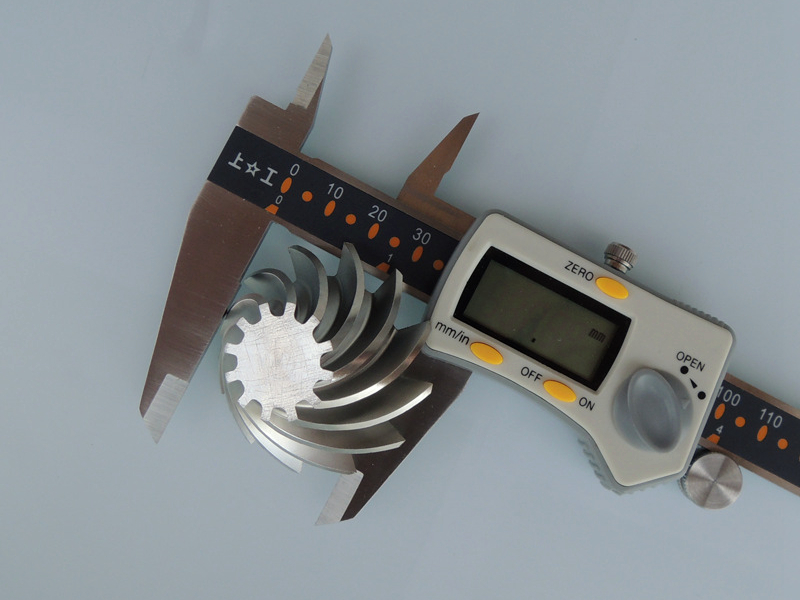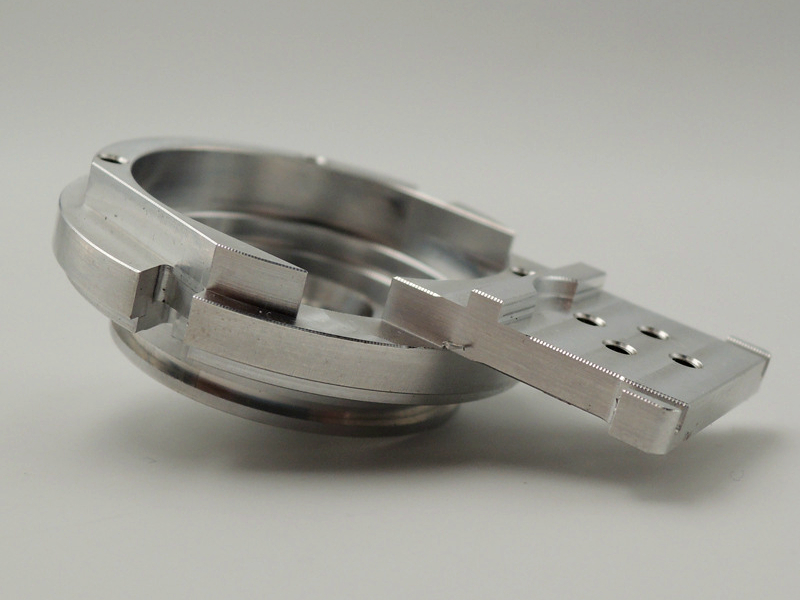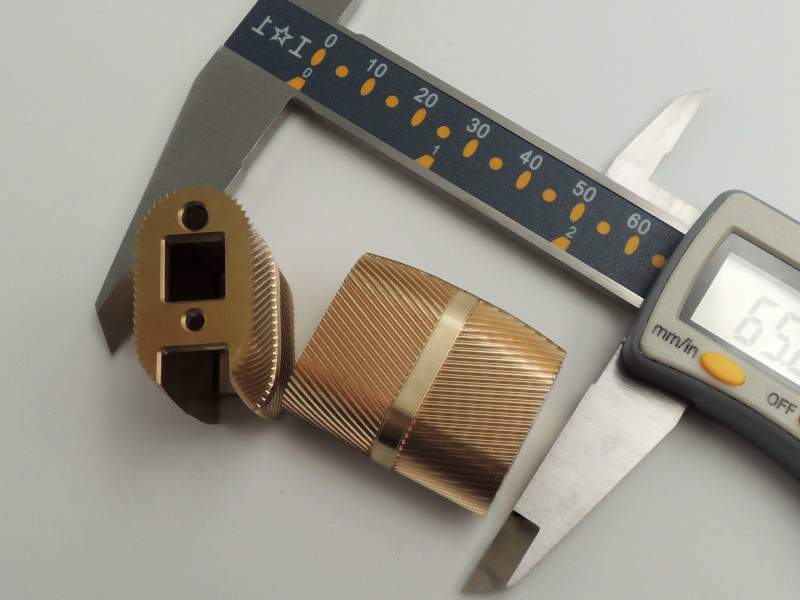As oficinas CNC podem ajudar a ajustar meu design para melhor fabricabilidade?
Engenharia colaborativa entre designers e maquinistas
Sim. Fornecedores profissionais de usinagem CNC, como a Neway, frequentemente colaboram diretamente com os clientes para otimizar os designs antes do início da produção. Por meio dos serviços de usinagem CNC e da prototipagem CNC em estágios iniciais, os engenheiros analisam modelos CAD para identificar possíveis problemas de fabricação — como rebaixos, cavidades profundas ou tolerâncias desnecessárias — que poderiam desacelerar a usinagem ou aumentar os custos de ferramentas. Essas análises fazem parte do serviço de manufatura completa, garantindo que o design final atenda tanto aos objetivos funcionais quanto aos de eficiência de custo.
Revisão de Design para Manufaturabilidade (DFM) e otimização de geometria
As oficinas de usinagem CNC realizam avaliações de DFM para refinar a geometria das peças, resultando em uma usinagem mais rápida e estável. Com base na experiência em usinagem multi-eixo, fresagem CNC e torneamento CNC, os maquinistas sugerem melhorias, como raios de filete que correspondem aos diâmetros das ferramentas, alturas de parede acessíveis e recursos simplificados para minimizar o reposicionamento. Durante essa revisão, os ajustes são documentados com anotações de tolerância e caminhos de ferramenta recomendados, permitindo a integração perfeita de operações subsequentes, como usinagem EDM ou processos de acabamento.
Recomendações de materiais e tratamentos de superfície
Engenheiros CNC experientes também ajudam a otimizar a escolha de materiais para equilibrar desempenho mecânico e usinabilidade. Por exemplo, substituir Inconel 718 por Alumínio 6061-T6 ou aço inoxidável SUS304 pode reduzir drasticamente o tempo de ciclo, mantendo resistência e proteção contra corrosão. Em indústrias que exigem alta durabilidade, os engenheiros frequentemente recomendam Ti-6Al-4V devido à sua leveza e resistência à fadiga. Os tratamentos de superfície também são adaptados à aplicação e incorporados diretamente ao fluxo de trabalho. Os componentes podem passar por anodização para proteção contra corrosão ou eletropolimento para melhorar o acabamento superficial, enquanto revestimentos como PVD ou pintura a pó são aplicados para garantir retrabalho mínimo e resultados consistentes.
Suporte específico por setor e alinhamento de qualidade
As oficinas CNC adaptam as estratégias de melhoria de design para atender aos padrões de cada setor. No setor de aeronáutica e aviação, os maquinistas se concentram na redução de peso e resistência ao calor, validando designs para ligas como Inconel e titânio. Na manufatura automotiva, a ênfase recai sobre a geometria repetível e a compatibilidade de fixação para produção em larga escala. Para dispositivos médicos, especialistas em CNC refinam bordas, ranhuras e raios para garantir biocompatibilidade e facilidade de esterilização. Esse processo colaborativo de DFM minimiza redesenhos dispendiosos e acelera o tempo até a produção.



